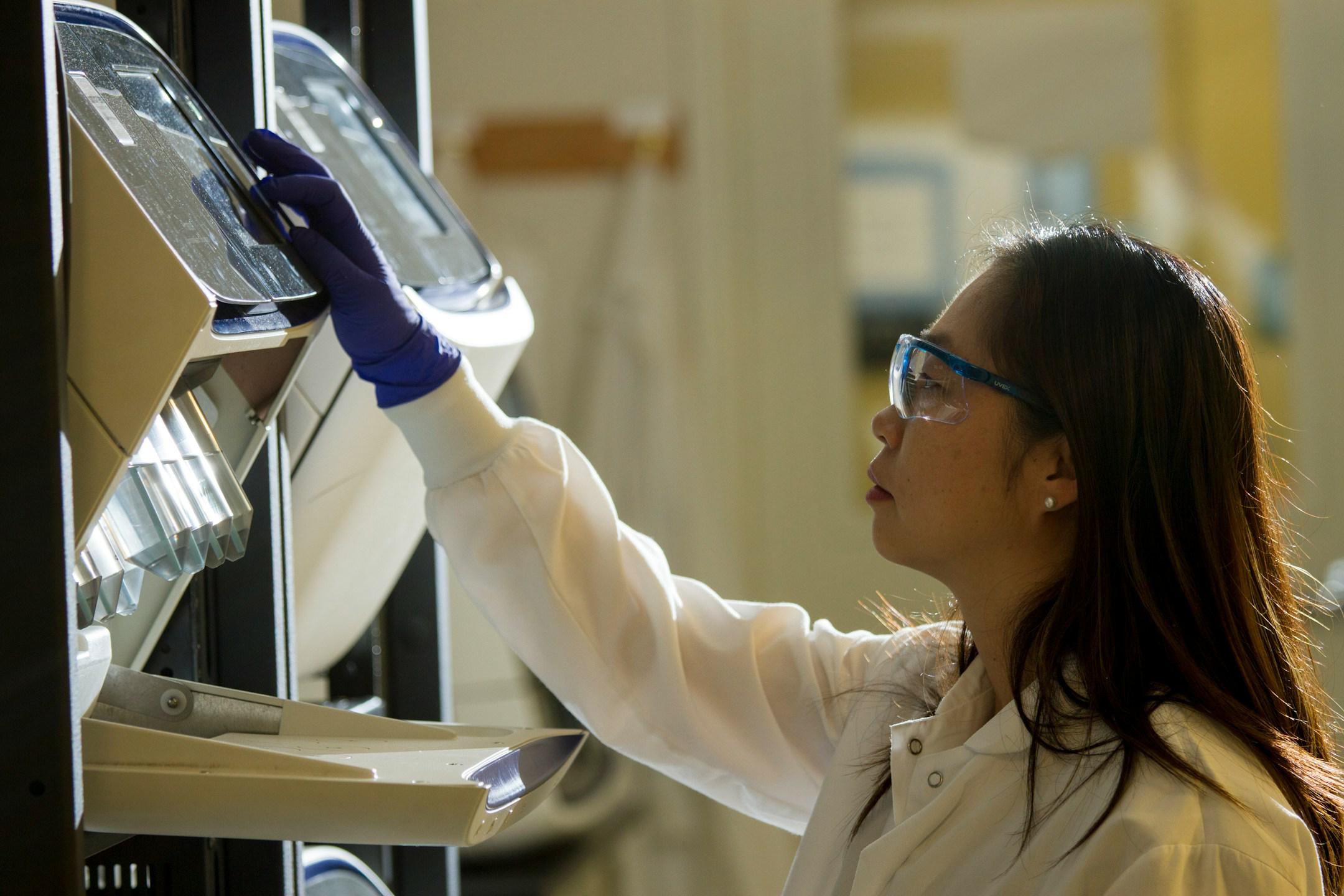
The biomedical field is on the cusp of transformative changes that promise to reshape healthcare and enhance the quality of life globally. As we move into an era of technological advancements, understanding the projected outlooks for biotech engineering is crucial.
This blog post will explore the upcoming trends and developments that are set to revolutionize the industry, from innovative therapies to breakthrough technologies.
As we look toward the future of biotech engineering, several key trends are poised to reshape the industry. Integrating artificial intelligence (AI) and machine learning in research and development processes is a significant trend. These technologies enable scientists to analyze vast datasets efficiently and uncover new patterns that inform drug discovery, genomics, and personalized medicine. Adopting AI leads to faster innovation cycles and reduces the time it takes to bring life-saving therapies to market. Moreover, combining AI with advancements in CRISPR technology enhances gene-editing capabilities, opening doors for targeted therapies that were once deemed impossible.
Another critical trend is the increasing emphasis on sustainability within biotech. Companies are exploring bio-manufacturing and biofuels as alternatives to traditional methods that often have detrimental environmental impacts. Innovations in synthetic biology allow for the creation of biodegradable materials and sustainable agricultural practices, significantly contributing to combating climate change.
Further, there is a shift towards precision medicine, which tailors treatments to individual patients based on genetic, environmental, and lifestyle factors. This trend enhances treatment efficacy and minimizes adverse effects, paving the way for a more personalized healthcare experience.
The biomedical field is witnessing transformative developments that revolutionize patient care and treatment options. One of the most significant advancements is integrating artificial intelligence (AI) and machine learning algorithms in drug discovery and personalized medicine. These technologies analyze vast datasets to identify potential drug candidates swiftly, cutting down the time and costs associated with traditional methods.
In addition, AI-driven diagnostic tools enhance early disease detection, allowing healthcare providers to offer timely interventions and improve patient outcomes. As these technologies become more refined, the potential for real-time monitoring and predictive analytics will reshape clinical practices, driving efficiency and precision in patient management.
Another critical development involves the rise of gene editing techniques, particularly CRISPR-Cas9, which empowers researchers to make precise modifications to the genetic material of organisms. This revolutionary tool enables targeted therapies for genetic disorders, potentially eradicating inherited diseases and providing new avenues for treatment.
Furthermore, advancements in regenerative medicine, such as stem cells and tissue engineering, pave the way for creating replacement organs and repairing damaged tissues. As these technologies advance, they bring a new era of possibility for treating previously incurable conditions and expanding the frontiers of biomedical science. These developments promise improved patient outcomes and foster a robust environment for innovation within biotech engineering.
Recent innovations in biotech engineering are fundamentally transforming both healthcare and life sciences. Advanced gene editing technologies, particularly CRISPR, are at the forefront of this revolution, allowing researchers to modify genetic material with unprecedented precision. This capability not only holds the potential to correct genetic disorders but also paves the way for developing personalized medicine tailored to individual patient profiles. As doctors access genetic insights and newfound therapies, they can create targeted treatment plans that significantly enhance patient outcomes and reduce the trial-and-error approach traditionally associated with drug prescriptions.
Further, the rise of artificial intelligence (AI) and machine learning in biotech engineering is streamlining research and development processes. By accelerating drug discovery and optimizing clinical trial management, AI helps to bring life-saving treatments to market faster and more efficiently. Innovations such as organ-on-a-chip technology are also emerging, providing accurate models for studying disease and testing therapeutics without the ethical concerns tied to animal testing.
Are you looking for guidance for projects in the biomedical engineering field? Or maybe you need help from professionals in the industry? If so, consult with a reputable biotech process engineer from Bothwell Engineering Inc. today. And if you’re ever in need of other engineering services, don’t hesitate to reach out.